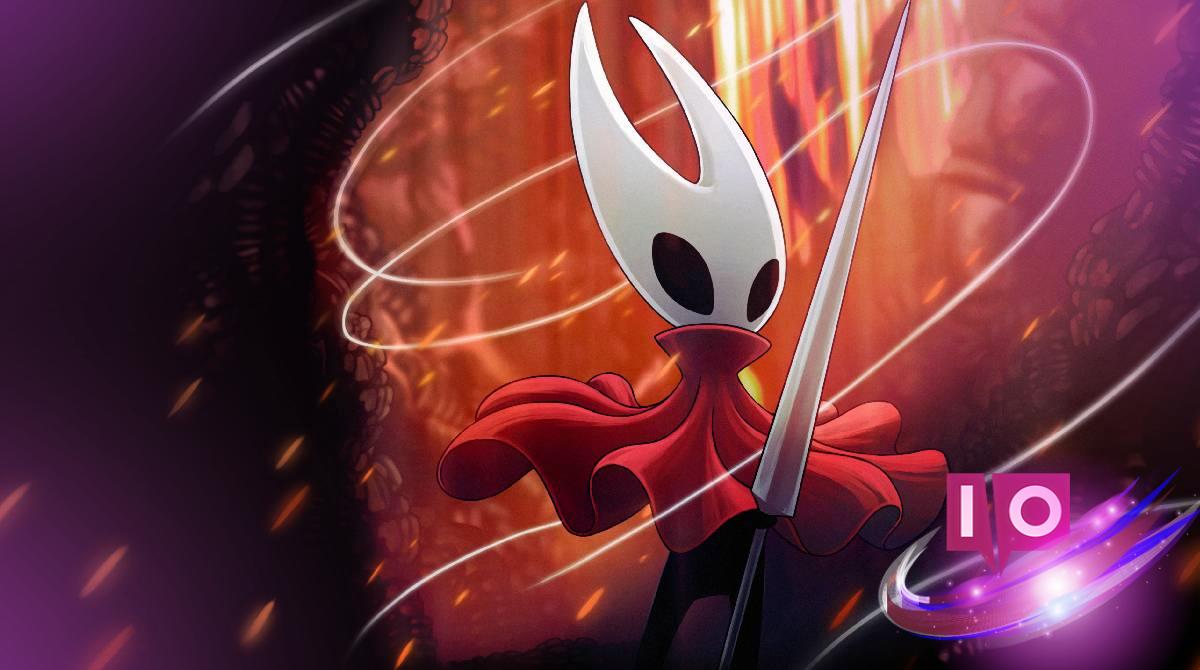Hollow Knight: Silksong has sparked a heated discussion among players, particularly from the Chinese gaming community, who are expressing strong dissatisfaction over its translation quality. Many fans argue that the localization has undermined the game’s original tone and narrative seen in the first installment, Hollow Knight.
The issues came to light when Chinese users on Steam voiced their concerns, describing the game’s translation not as technically incorrect but as a problematic localization that fails to capture its intended depth and context. As reported by Kotaku, feedback from these players has predominantly centered around the game’s failure to convey its profound themes adequately.
While I may not be able to critique the translation myself, it seems evident that the concerns hold weight, prompting Matthew Griffin, Team Cherry’s marketing lead, to respond publicly. He acknowledged the quality issues and promised improvements in an upcoming update, reassuring the Chinese audience that their feedback is valued.
To our Chinese speaking fans: We appreciate you letting us know about quality issues with the current Simplified Chinese translation of Hollow Knight: Silksong. We’ll be working to improve the translation over the coming weeks. Thanks for your feedback and support.
— Matthew Griffin (@griffinmatta) September 5, 2025
Despite this acknowledgment, the backlash has persisted, with users continuing to express their frustrations. Some feel that the initial response was insufficient, stating that the localization oversight reflects poorly on the industry at large.
no, you don’t hate localizer enough. we need translator, not a fanfic writer that doesn’t convey author’s original intention, the whole localization industry is a scam https://t.co/5Q8fBB6UiH
— NKRZE (@nekorize) September 5, 2025
Launched just yesterday, Silksong quickly amassed over 500,000 concurrent players, leading to temporary technical issues on Steam and other platforms. While critical acclaim surrounds the game internationally, its reception in China paints a different picture, with average reviews hovering slightly above 50%.
Interestingly, despite the lower ratings from Chinese players, Silksong maintains an overall positive score on Steam. Recent changes to Valve’s review policy now prevent regional ratings from significantly impacting a game’s total score, benefiting games like Silksong—especially as the Chinese player base is rapidly growing.
Gamers can currently find Hollow Knight: Silksong available on multiple platforms including Steam, PS4, PS5, Xbox One, Xbox Series X|S, Nintendo Switch, and macOS.
What are the main reasons for the criticism of the translation in Silksong? Players argue that they feel the localizer failed to faithfully represent the game’s tone and narrative richness, which is crucial for conveying its story effectively.
Will Team Cherry really fix the translation issues? Yes, according to Matthew Griffin’s promises on social media, the team is committed to improving the Simplified Chinese translation in response to player feedback.
How have other players outside China received Silksong? The game has largely garnered high praise internationally, with many highlighting its artistry and gameplay mechanics, thus contrasting sharply with its reception in the Chinese market.
Why is the translation quality so important for games like Silksong? A game’s translation impacts not just its accessibility but also the emotional weight of its storytelling—crucial for player immersion and satisfaction.
In conclusion, the feedback regarding Hollow Knight: Silksong’s Chinese translation highlights the importance of localization in video game development. As an avid gamer, your opinion matters, and staying informed can enhance your gaming experience. For more gaming insights, continue to explore content from Moyens I/O.
